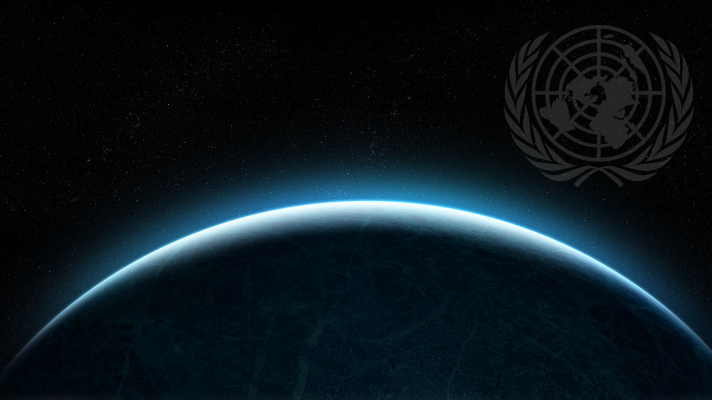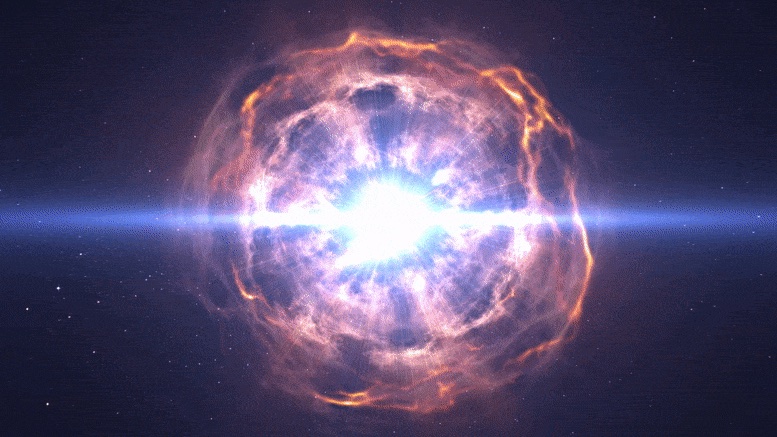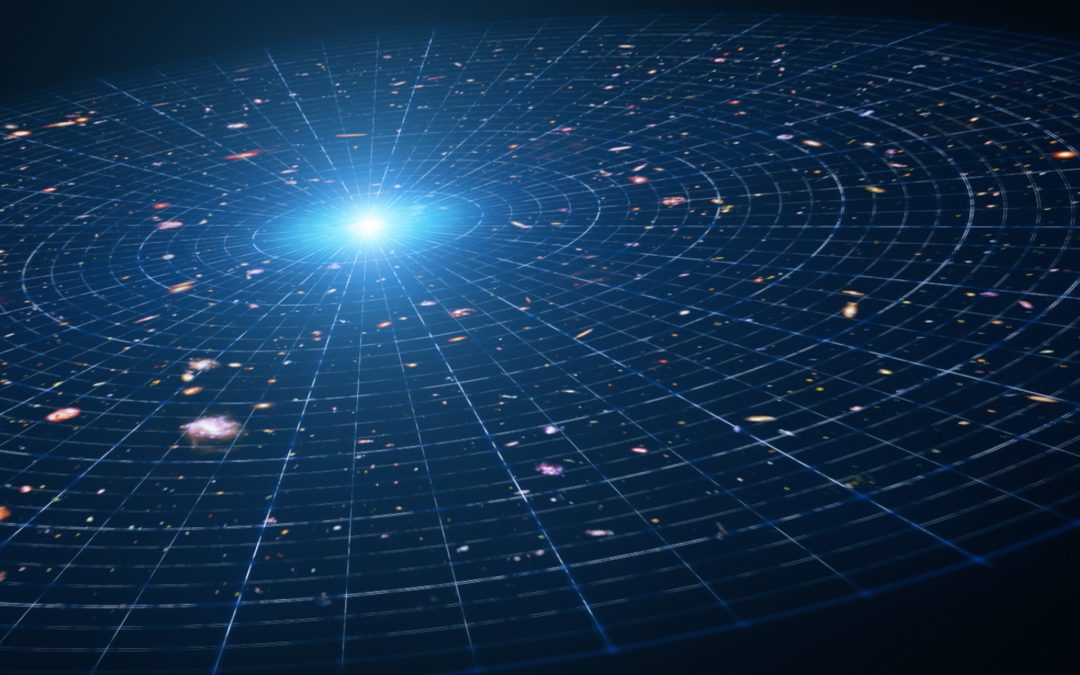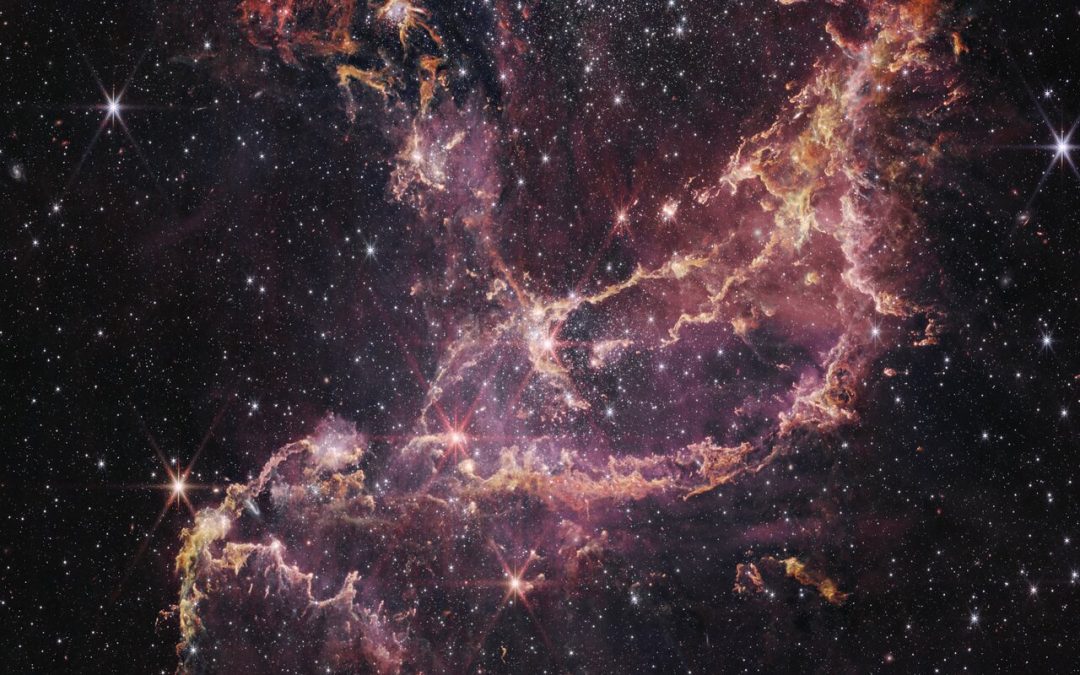The Universe was inaccessible for most of human history, but the first tentative steps to space in the 20th century made humanity realize that science fiction was becoming science reality. New rules would have to be written to govern how we used this limitless expanse. Today we’ll talk about the Outer Space Treaty of 1967.











